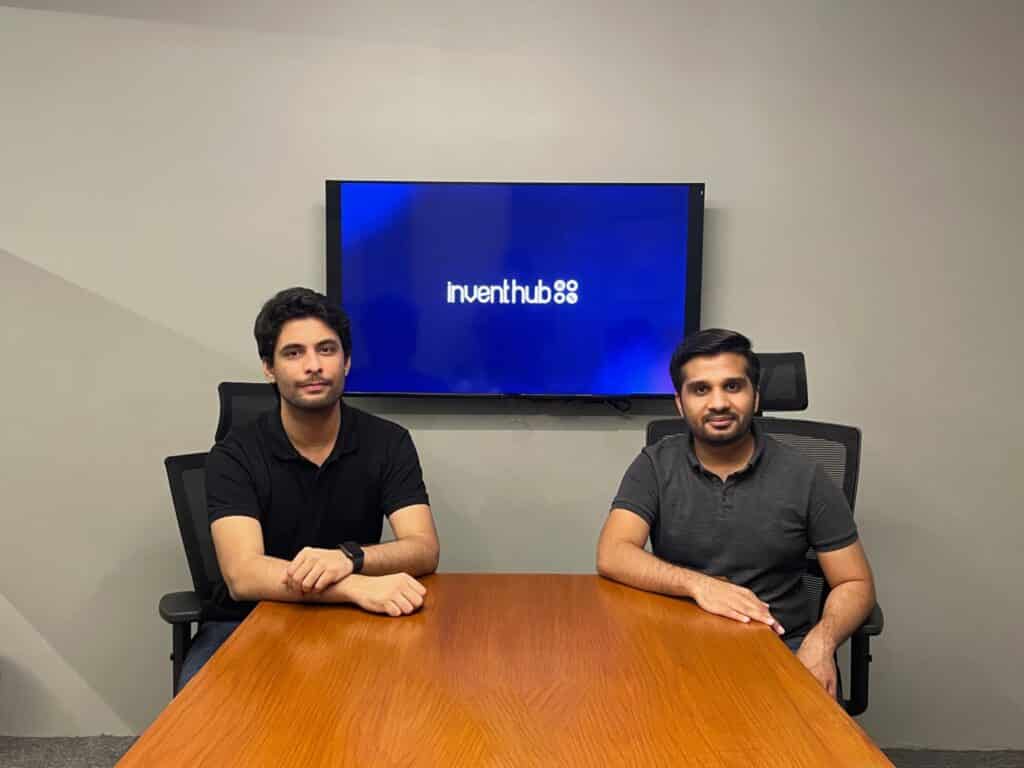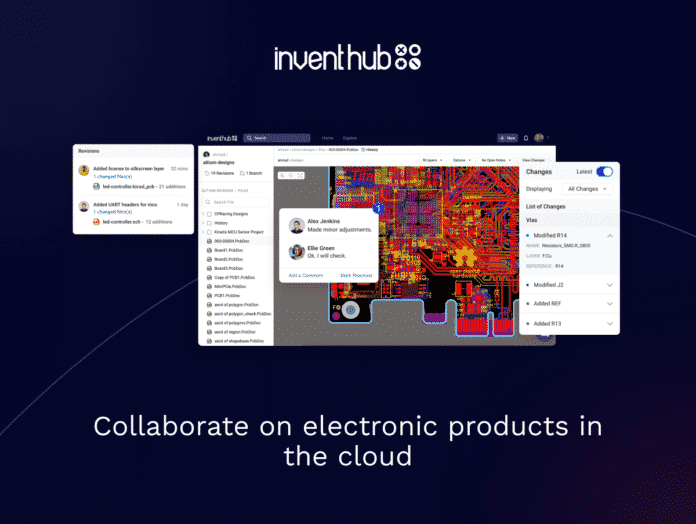We have entered the age of ubiquitous connivance in electronics manufacturing. Things are getting easier for the modern person thanks to advancing technologies. Everyone has access to information and with the development of the internet along with the emergence of 5G, IoT, and robotics. Consumer demands have changed rapidly.
With this exponential growth, electronics hardware tools that support the electronics industry in product development have not kept up with the demands. This has created a need for faster access to information, early communication, and remote-based collaboration of electronics design resources. The value created from this need is not currently being managed or recognized by the organizations or individuals with the current offerings in the market.
Over the past few decades, we have seen a lot of development in the software industry. Many platforms like GitHub, GitLab, and other continuous integration tools have surfaced, accelerating the product development cycle and giving rise to major innovations which we can witness today.
The development obstacles of hardware tooling are different from the software industry. The feasibility of the design is not determined until the product is being made. Virtual prototypes cannot be applied due to the limitations of assembly, manufacture, and high cost. Hardware tool development has to face unpredictable risks about the invention. It makes it difficult to set up a schedule because the schedule has to be adjusted according to market trends, technical issues, or material constraints at any time during development. The lack of information feedback results in less quality improvement over time. Improving hardware development efficiency requires breaking through these barriers.
Early communication and transparency should be at the core of any electronics product development process, says Usman in exclusive conversation with Startup Pakistan
The COVID amid global chip shortage causing long forecasted supply-chain issues is evidence of how the electronics industry is a very important part of global economics.
Understanding the importance of digital transformation and realizing the need for such solutions early on Usama Abid and Usman Maqsood have set out to build Inventhub — A collaboration platform for the electronics hardware industry, enabling borderless development for distributed teams in a seamless and efficient manner.
Inventhub wants to accelerate electronics hardware innovation. The goal is to cut out all the unproductive and time-consuming parts of hardware design by bringing all the stakeholders involved in one place. The platform fits into workflows of design tools to enable collaboration on your PCB design projects, with enhanced product data management and robust git-based visual version control built for organizations and individuals.

Usman and Usama have been involved with hardware product development and IoT space since 2014, navigating through different phases of the industry and shifts in trend helped them understand the core area of inefficiencies and problem the industry face.
Usama is a successful entrepreneur who has pioneered the largest hardware developer community in Pakistan with DIY GEEKS. His work has been recognized by Punjab Govt., with incubation acceleration in Plan9 and PlanX, US State Dept. through fully funded entrepreneur exchange programs for exceptional entrepreneurs and major Silicon Valley investors through Draper University and Rajeev Circle Fellowship. Usama brings the key experience of building a startup ground up, scaling, marketing creation, fundraising, hardware product development, and community building.
Usama stepped into the hardware space during his initial phase of graduate research to develop low-cost and low-powered devices oriented toward ICT4D (Information and Communication Technologies for Development). Thereafter, he has devoted well over 2 years of his career towards design and development of research enabling hardware solutions in the field of GAIA (global access of internet for all), human gestures and activity tracking, humanoid robots, actuator enabled Exoskeletons, and low powered tracking devices with long-range connectivity.
Usman shares a similar journey, during his graduate studies he leveraged his engineering knowledge and combined it with a software skill set to build unique research-oriented projects, namely wireless sensors and actuation networks. His experience has been in building SaaS-based B2B and B2C products, working in companies like Eventbrite, AVA technologies, and portable electric among others. He has been a Technology advisor on various startups to help them understand early technology foundations to allow for stable growth. He is a strong supporter of diversity in tech and passionate about solving hard problems.
Usman has diverse experience of working on frontier technology hardware products and SaaS-based software startups. He has a well-established reputation as an engineer in the North American technology space. His exceptional contribution in the early stage of successful startups has proven to be of foundational importance for engineering a unique product ground up, for the electronics industry.
The company’s core focus has been on collaboration along with a few key areas that position the platform to truly bring the sense of open-source in an extremely closed-source and monopolized industry with community-backed reusable resources. It has taken a community-driven approach, that focuses on borderless collaboration with an integrated tool-set and provides a modern workflow for rapid iteration and data accessibility of electronics hardware design resources to decrease wasted time on unproductive tasks with a focus on extensive tooling to commercialize faster.
It’s time for the electronics industry to embrace cloud-based tooling to allow distributed teams working across the globe to operate at higher efficiency. The electronics community is looking for a better way of working. Inventhub is a unique product that improves teams’ and individuals’ ability to do productive work, organize, and share data easily.
The space has caught a lot of tracking over the past 2 years, where major tech giants in this space have acquired every commercial solution that existed around hardware design. To name a few, Autodesk acquired a Canadian startup Upchain — a product data management solution for CAD design, PTC acquired OnShape a cloud-based CAD design tool, Siemens acquired Supplyframe an electronics supply chain intelligence tool, and many more. Along with these acquisitions, we have seen numerous solutions being introduced by these major players to address similar challenges e.g., Autodesk Fusion 360, Siemens PCBFlow, Candence Allegro X, Altium Nexar, Samsung Nexplant.
The mission is to help build the next generation of electronics products. The Inventhub platform integrates tools, templates, methodologies, best practices, and project management experience. It’s the only solution for managing projects, components, bill of materials, and other resources during product development. It helps teams concentrate on their creative work while keeping the focus on the macro view of their product development workflow.


